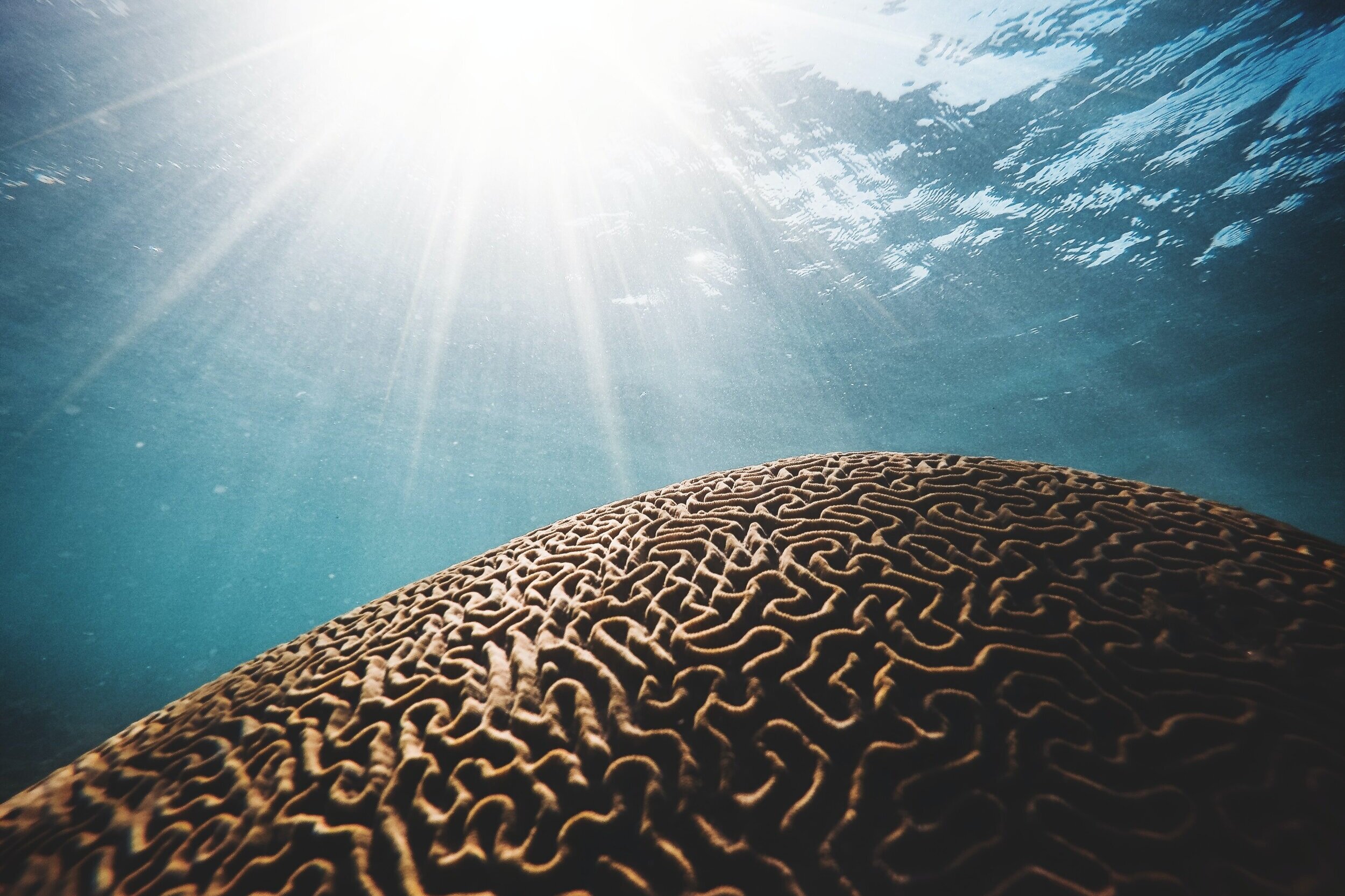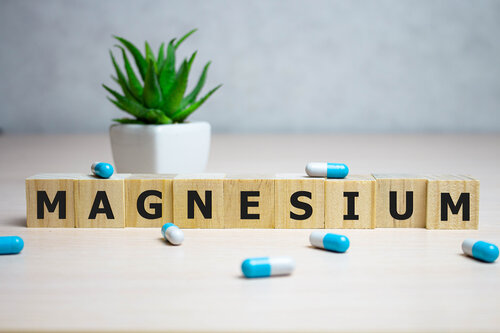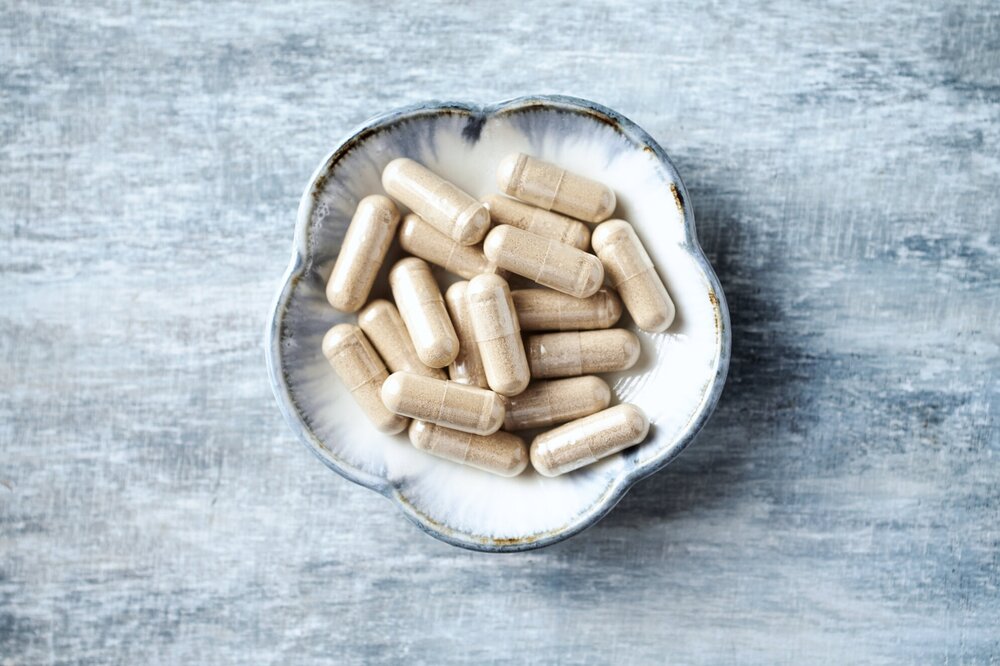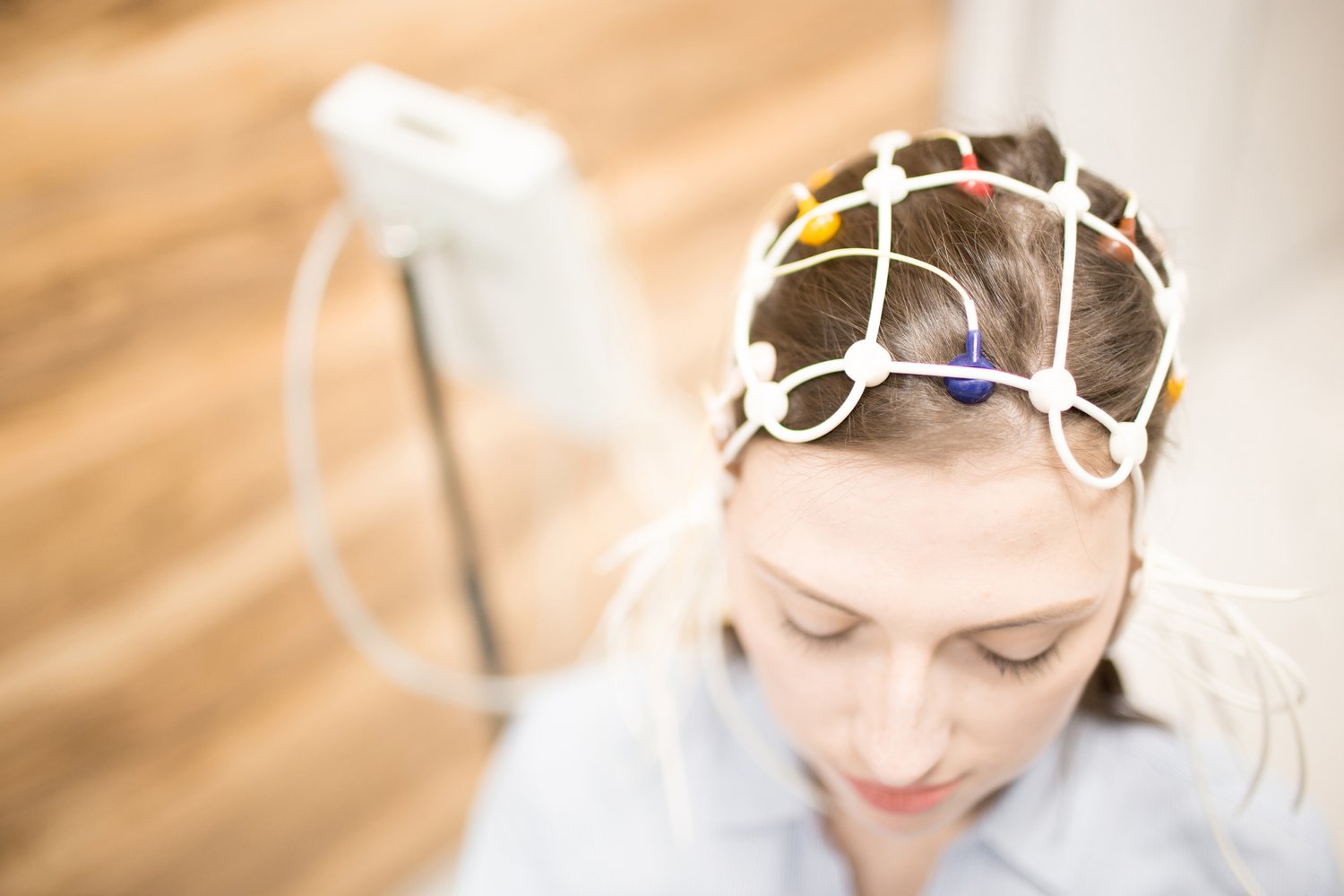When most people hear the word “lithium,” they think of a heavy-duty medication with serious side effects for bipolar disorder, but evidence shows that lithium is likely helpful for many more conditions. In fact, most of us get some lithium every day from our food and water. At these trace levels, lithium appears to have beneficial effects for brain and mental health.
In my psychiatry practice, I often recommend lithium supplements for a wide variety of patients, not just those with bipolar disorder. With low-dose lithium supplementation, patients typically report fewer mood swings, less anxiety, and better sleep. After magnesium, lithium seems to have the most benefits and receives the most positive feedback of the supplements that I recommend.
In this article, we cast a new light on this misunderstood and overlooked mineral that has the potential to help the mental and cognitive well being of many more people.
A little bit of lithium goes a long way.

Trace levels of lithium in drinking water have been linked to lower rates of suicidality and impulsivity in multiple populations.
The original research for this correlation was conducted in Texas between 1978 and 1987. The results from 27 counties showed a significant inverse correlation between lithium levels and rates of violence and drug abuse. Counties with higher levels of lithium in their water supply had lower levels of suicidality, violence, and drug-related crime.
To see if these findings could be replicated, researchers conducted similar studies across the world. While most of the studies showed similar results in places like Japan and Europe, some did not find any correlation.
To more conclusively determine the effects of trace-level lithium on suicidality, scientists pooled together the results of 15 international studies and analyzed the findings. They found that high levels of lithium in water sources have coincided with lower suicide rates in countries across the world.
Trace levels of lithium have also been linked to lower rates of Alzheimer’s and other forms of dementia.
In addition to protecting against suicidality, lithium also appears to protect against cognitive decline. In a nationwide study conducted in Denmark, researchers found that exposure to higher levels of lithium in drinking water correlated with lower rates of dementia. Other researchers in Texas found that higher levels of trace lithium could also be linked to lower rates of Alzheimer’s disease mortality.
Although most published research ultimately concludes that we still need better-designed studies to fully understand the correlation between lithium levels and psychiatric outcomes, many researchers see promising benefits of low-dose lithium for conditions beyond bipolar disorder.
What is Lithium?
Now that we know about the potential benefits of lithium, you may be wondering, “What exactly is it, and where does it come from?”
Lithium is both a nutritional element and a pharmaceutical medication for bipolar disorder. Elemental lithium is naturally present in many rocks and erodes into the soil, where it can be taken up by plants and water. On the other hand, lithium carbonate is a front-line medication for bipolar disorder and has about 500 to 1000 times the amount of elemental lithium, which is why it is often associated with unpleasant and serious side effects.
Is Lithium a Micronutrient for Brain and Mental Health?
Although lithium is not considered an essential nutrient at this time, some researchers including Dr. Schrauzer, a professor at UCSD and director of the Biological Trace Element Research Institute, have proposed that lithium should be considered a micronutrient, given what we know about the beneficial effects of trace levels of lithium on the brain.
How does lithium benefit brain health?

While lithium may seem like a simple element, it has complex effects on the brain at many different levels:
- Neuroprotection: Lithium shields neurons from biological stress and toxins.
- Neurogenesis: Lithium enhances the growth of new neurons, leading to increased number of neurons and brain volume.
- Neurotransmitter Regulation: Lithium increases the activity of calming GABA receptors and decreases the activity of more stimulating dopamine and NMDA receptors, resulting in an overall relaxing, stabilizing effect.
While some of these studies only evaluated high doses of lithium in the medication form rather than trace levels, they still show us the role that lithium may play in helping us develop more protected, bigger, and calmer brains.
Who would benefit from low-dose lithium?
Preliminary evidence and clinical observations show that those struggling with the following challenges may benefit from lithium:
- Mood disorders, including bipolar and depression
- Suicidal ideation
- Autism spectrum disorders
- Impulsivity
- Cognitive decline
- Anxiety
It may be a long time before we have conclusive, large-scale studies about the effectiveness of low-dose lithium intake, as there is little financial incentive to fund studies about a naturally-occurring mineral that is easily available. In the meantime, however, there is plenty of evidence showing that low dose or trace levels of lithium may help a wider population beyond patients with bipolar disorder.
How much lithium should we be getting?
The U.S. Environmental Protection Agency estimates that most adults are currently getting between 0.64mg to 3mg of lithium every day.
At this time, there isn’t enough research to determine what the required daily intake of lithium should be. Dr. Schrauzer has made a provisional recommendation that the daily requirement for lithium should be 1mg/day for an adult of average weight. However, this recommendation does not take into account an individual’s mental health condition or unique biochemical levels. For example, some people with mood disorders and other psychiatric conditions may need more lithium than the average healthy person due to underlying biochemical levels, genetics, and other factors.
Some researchers have proposed fortifying grains with lithium. Though this may seem far-fetched, we already fortify certain foods with folic acid and salt with iodine to increase the general population’s intake of these nutrients.
Can I get tested for lithium deficiency?
Not at this time. Most labs measure toxic levels of lithium that can only be achieved when taking higher doses of lithium carbonate, the medication used for bipolar disorder. This test is not useful for diagnosing deficiency or determining optimal levels after supplementation with low-dose lithium.
How can I make sure that I’m getting enough lithium?
In addition to the water supply, lithium is available in certain foods, such as cereals, grains, tomatoes and cabbage. Those eating mostly animal products may be more prone to low levels.
However, the amount of lithium that you can get depends mostly on where you live and varies widely from region to region. For those who live in an area with low lithium levels, it may not be possible to get enough even with dietary changes.

Lithium levels are not typically measured in local water levels, although one study was able to identify the 15 states with the most lithium in their groundwater between 1992 – 2003. Access to up to date information in the future may help us better understand the role of trace level lithium in a community’s mental health, as well as which communities may be more prone to lithium deficiency based on their location.
Casting Low-Dose Lithium in a Bigger Role
As we continue our search for better treatment options in the psychiatric field, we shouldn’t overlook naturally-occurring essential elements that our brains need for healthy functioning. While the data on lithium and mental health outcomes is not conclusive, it is promising and deserves more attention from researchers and clinicians.
It is unlikely that lithium will be added to our water supply or used to fortify our foods in the near future. However, lithium is currently available at low doses in supplement forms. Many of these supplements have an amount of lithium at or below the levels that the average person typically gets through food and water.
In our next article, we will discuss options for supplementation for those who are interested in learning more about using low-dose lithium.
References
1. “Lithium: occurrence, dietary intakes, nutritional essentiality” Journal of the American College of Nutrition (2002)
2. “Is impulsivity in part a lithium deficiency state?” Psychiatriki (2018)
3. “Is lithium biologically an important or toxic element to living organisms? An overview” Environmental Science and Pollution Research (2016)
4. “Nutritional Lithium” Journal of Clinical Psychiatry Neuroscience (2018)
5. “Lithium’s Mechanism of Action: An Illustrated Review” Psycopharmacology Institute (2019)
6. “Lithium in Drinking Water” Illinois State Water Survey (2013)
7. “Microdose Lithium Treatment Stabilized Cognitive Impairment in Patients with Alzheimer’s Disease” Current Alzheimer Research (2013)
8. “Is violence in part a lithium deficiency state?” Medical Hypotheses (2016)
9. “Relationship between suicide mortality and lithium in drinking water: A systematic review and meta-analysis” Journal of Affective Disorders (2019)
10. “Lithium in drinking water and suicide prevention” International Clinical Psychopharmacology (2015)
11. “Lithium in drinking water and the incidences of crimes, suicides, and arrests related to drug addictions” Biological Trace Element Research (1990)
12. “Lithium as a Nutrient” Institute of Mineral Research (2016)
13. “Lithium levels in tap water and psychotic experiences in a general population of adolescents” Schizophrenia Research (2018)
14. “Should We All Take a Bit of Lithium?” The New York Times (2014)
The information and any products mentioned in this article are not intended to diagnose, treat, cure, or prevent any disease. The information provided is for educational purposes only and not intended to replace the relationships with your physician(s). Before initiating any conventional or integrative treatments, please first consult with a licensed medical provider. Please review references cited at the end of article for scientific support of any claims made.
Suruchi Chandra
By
March 17, 2021
|







